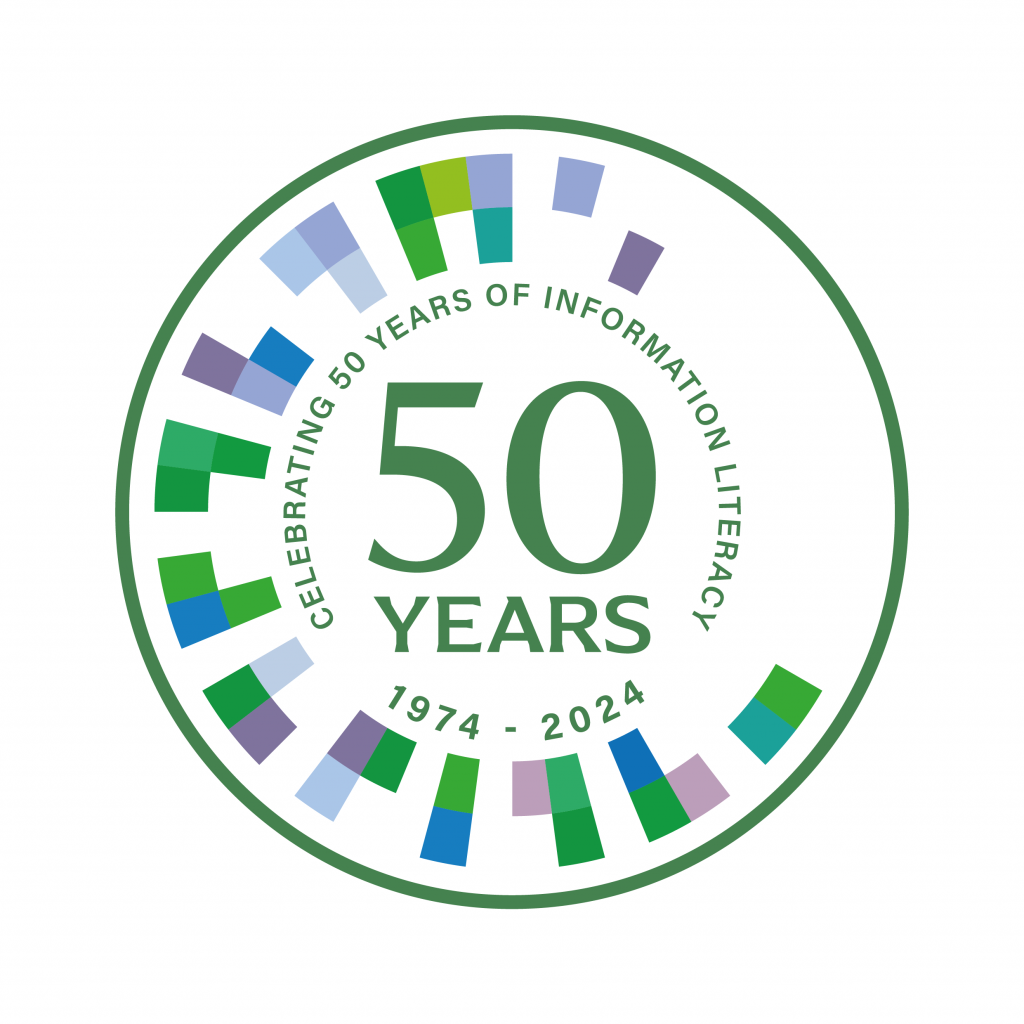Laura Woods is a Subject Librarian at the University of Huddersfield, a part-time PhD student at the University of Sheffield Information School, and co-Deputy Chair of the Information Literacy Group.
Inspired by a recent post on the ACRLog on “dwindling reference questions” at the academic library help desk, I’ve been thinking about how the phenomenon described has appeared in my own institution.
At the University of Huddersfield, we’ve definitely seen a similar decline in the numbers of students asking questions at the library help desk. As a result, over the past ten years we’ve gone from having a subject librarian staffing the enquiry desk every day of the week including weekends, to staffing only on weekdays, to staffing only during core hours, to not staffing the help desk at all but having the help desk staff (who are either customer service or IT trained) call a subject librarian to help if a student asks for help with seeking information. Since the pandemic we’ve also offered bookable, online appointments.
While the online appointments have been incredibly popular, and I am confident that students who do still approach us get the help that they need, I can’t help but wonder about who is falling between the cracks. I feel like the students who book online appointments with us are the ones who know what help they need, or who have already seen someone else (usually a lecturer on their course or a personal tutor) who have identified that they need the kind of support that librarians can provide. But what about those who don’t know that is what they are missing?
A common problem is that often, learners simply do not know what they need to know. This is where the old librarian tradition of the reference interview comes in. Ten years ago, when we used to staff the help desk in person, we would get all sorts of questions – ranging from incredibly simple to incredibly complex and detailed. But often, queries that seemed simple at first would lead to uncovering of assumptions and misconceptions that were hindering the student in their learning journey. The initial question might have little to do with what they actually needed to know – and only through conversation, and using our knowledge as librarians, were we able to uncover what this was. Which leads me to wonder: what has happened to those superficially simple queries?
The kinds of queries we deal with now, primarily through online appointments (although we do still get some walk-in requests at the help desk), tend to be medium- to high-complexity. Via email, we do still get a lot of simple questions – but it’s difficult to explore the reasons for the questions students are asking in an email exchange. Very often, our requests for further information or clarification from the student go unanswered. So, as librarians we have to take the question at face value and just answer exactly what we’ve been asked. I and my colleagues often do try to include some further information to explore, but we rarely if ever hear back so are in the dark as to whether our own assumptions about what “unasked” questions the student might have had were correct.
As Justin Fuhr points out in his ACRLog piece, it seems highly unlikely that today’s students no longer need help with the kinds of things they would have asked about in the past! Justin suggests various potential explanations for the decline in reference queries, including unfamiliarity with libraries and librarians, or changes to social interactions following the pandemic. Both seem plausible to me. I also agree with Justin that the reasons for the shift perhaps aren’t as important to us as librarians than the action we could or should take as a result.
Personally, I think advertising library reference services will only go so far. Yes, we should make sure that students are aware of our existence and what we can help with, but I also think we need to be proactive in reaching students where they are rather than expecting them to approach us. This probably means working closely with our academic colleagues to ensure that librarian support is embedded in taught courses at the point of need.
I would love to hear from other academic librarians on this. Are you seeing a similar decline in reference questions in your libraries? And if so, have you taken any actions to address this?



